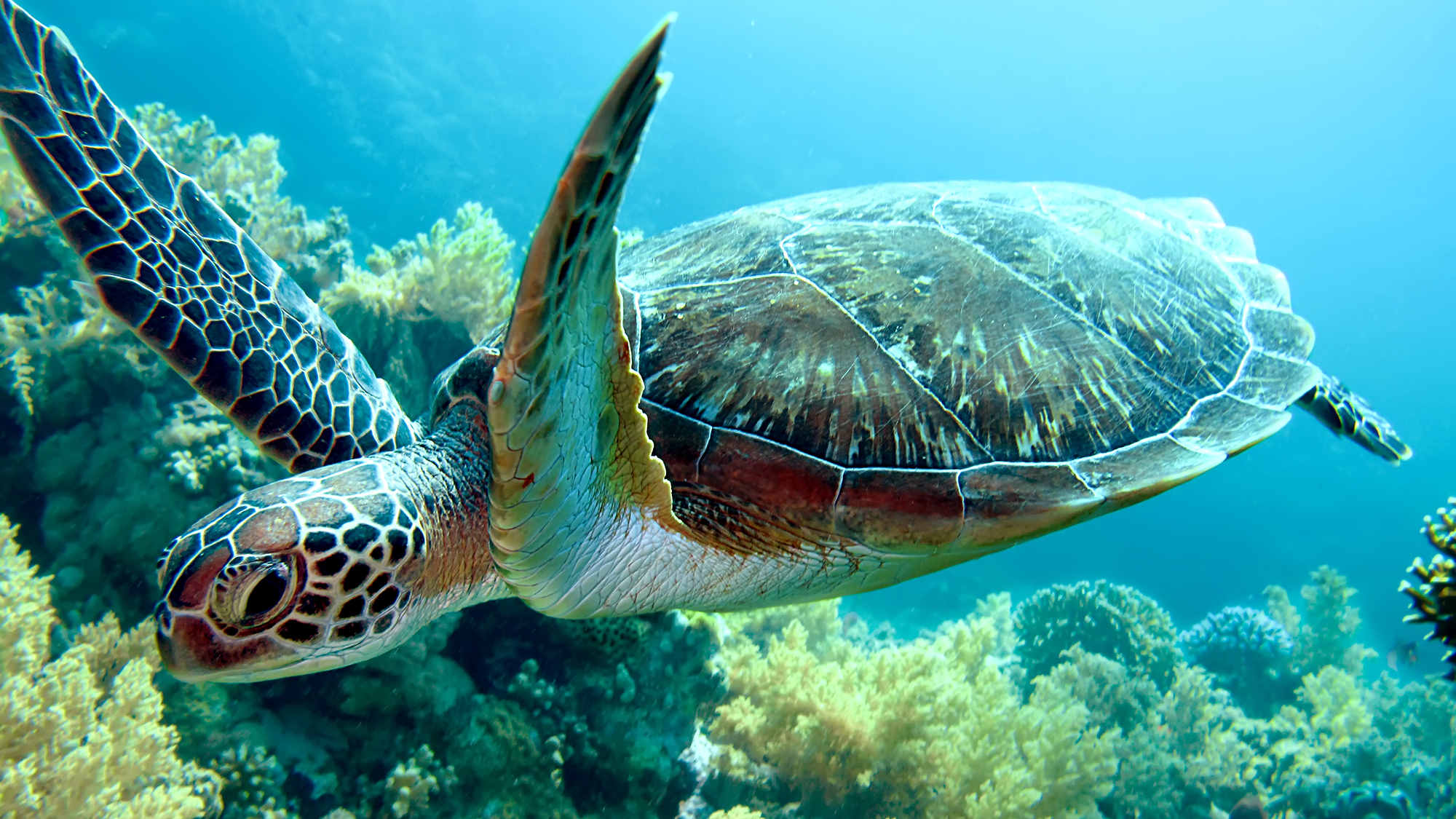
Turtles may not have gained the human fascination of other sea animals, particularly the shark, but these Triassic reptiles continue to be adored by many. In the wild, these creatures continue to be the target ecotourism excursions and seeing these slow moving creatures can make any snorkeling adventure complete.
But sea turtles are also considered in some cultures to be more than a source of visual delight. They are also regarded as a delicacy. Though illegal in many countries worldwide, the practice still continues on the black market.
Eating sea turtles is not as enjoyable as those who promote the practice might suggest. These creatures are an unsafe food choice as they carry several illness-causing chemicals such as toxins, heavy metals, and other environmental contaminants. A turtle meal could quickly come back to haunt a person with drastic consequences requiring immediate medical attention.
If the biological risks are not enough to consider eschewing turtle meat and eggs, the microbial factor might do the trick. Sea turtles harbor a variety of bacteria. They are harmless to the animal but they can be incredibly pathogenic to us. Familiar names such as Salmonella and E. coli are but a few of the microbial inhabitants. Others include Mycbacterium, Chlamydia, and Aeromonas. They cause a variety of illnesses both acute and chronic and not limited to the gastrointestinal tract.
One of the bacterial genera found within the turtle microbial population is Vibrio. It’s best known for V. cholerae species, the cause of cholera. But another species, V. parahaemolyticus, has been growing in prevalence across the globe. It causes gastroenteritis, wound infection, ear infection and has the potential to cause scepticemia. A third species, V. alginolyticus is less concerning as a pathogen but has caused close to 10% of Vibrio infections at least in one American study.
Together, these three species alone could sway anyone from taking an interest in eating sea turtles. Now a team of researchers from Mexico and the United States has added to the reasons why consumption is not condoned. They revealed based on their analysis of sea turtles in Northwestern Mexico, these species of Vibrio are not only present, but also antibiotic-resistant.
The group focused on several feeding grounds including algal-rich regions in the states of Baja California Sur and Sinaloa. A total of 64 turtles were captured and their nasopharyngeal and anal cavities were swabbed. When the testing was complete, the turtles were returned to continue their feeding. None of the animals was harmed.
With the samples in tow, the team returned to the lab to identify the various Vibrio species using a combination of culture and genetic techniques. This identified the species and also any potential infection potential. Finally, the bacteria were also subjected to a number of antimicrobial tests to determine resistance.
As expected, all three species were found. The most frequently isolated was V. alginolyticus, which was found 47.5% of the time. Next was V. parahaemolyticus found in 1 out of 5 samples. V. cholerae was only seen in 7.3% of the samples. Thankfully, none were found to be the types known to cause pandemics. Even so, the information showed how consumption could potentially lead to a rather nasty outcome.
But the real surprise came with the testing of antibiotic resistance against ampicillin. All strains of V. parahaemolyticus were resistant to ampicillin and most of these had resistance to other antibiotics as well. A similar resistance profile was seen for V. alginolyticus with 87.2% resistant to the test antibiotic. This species was a little more sensitive to other antibiotics but resistance was still seen. The lowest level was seen in V. cholerae at only 16.7%. Yet, even this was considered to be ominous should the pandemic strains ever make their way into this region.
The overall results reveal the health risks of eating turtle meat are quite high. The presence of these species and their associated resistance to antibiotics bodes quite poorly for anyone who might take a chance on the illegal activity and acquire an illness. Moreover, infections may be even harder to treat as most isolates had at least one type of antimicrobial resistance.
The authors believe this alone may be a foundation for public awareness. Understanding the health risks may supersede behavior patterns and initiate a slowing of interest. After all, while the idea of an eating an exotic species might appear to be an item for a bucket list, the actual consequences might be enough reason to simply take it off the list and forget about it.
